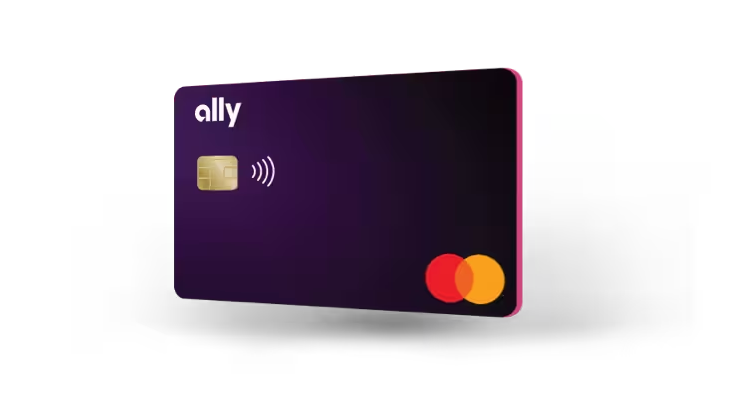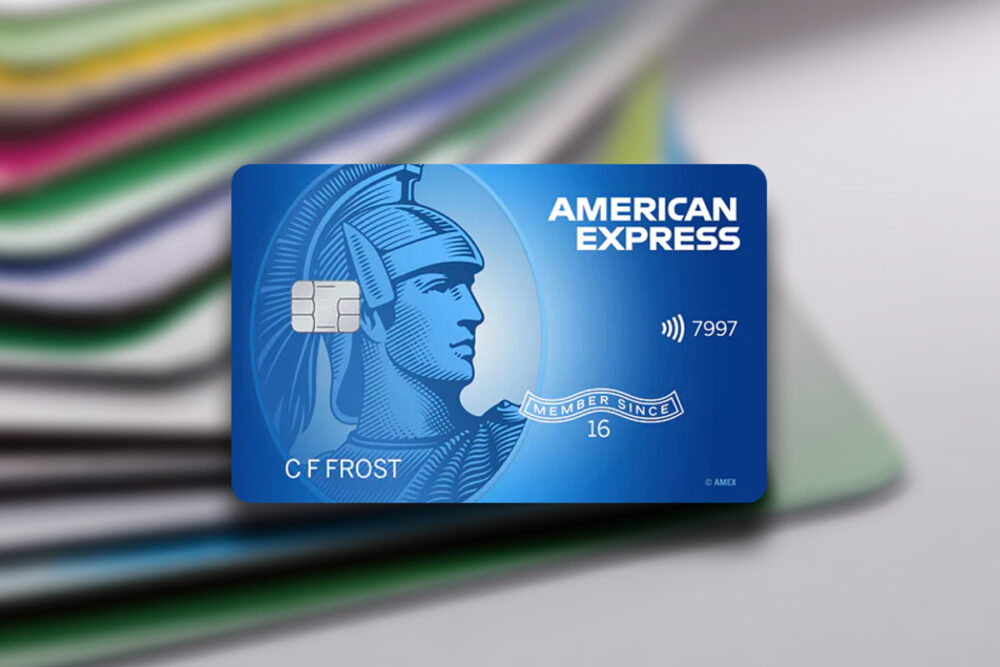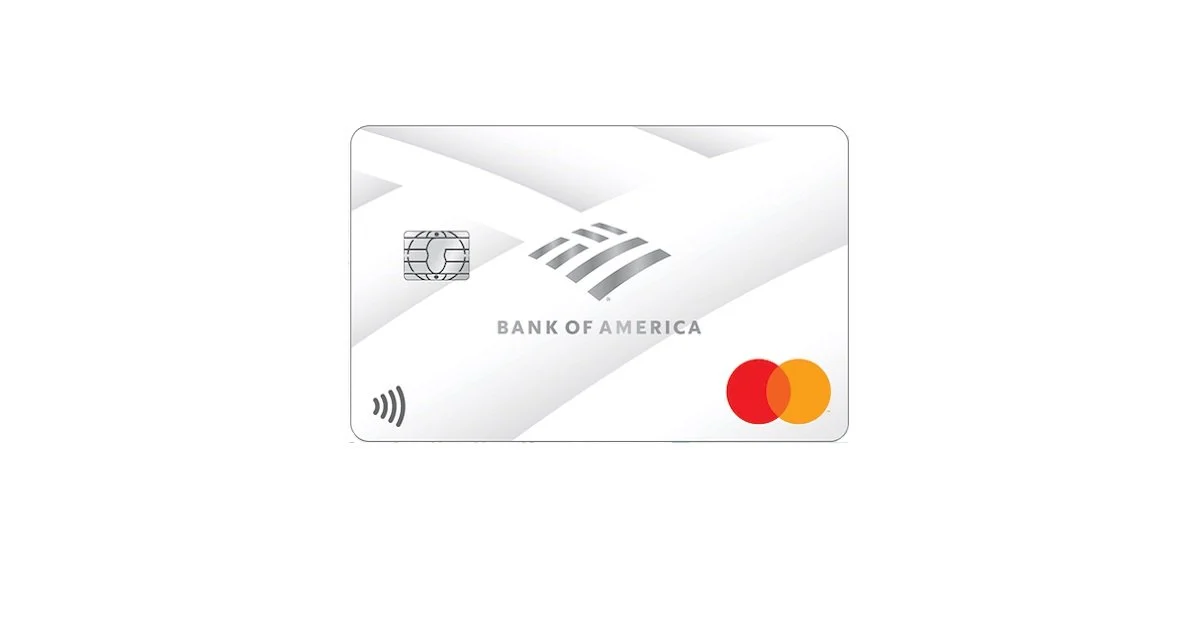How Credit Cards Influence Consumer Buying Behavior in the USA

Understanding the Role of Credit Cards in Consumer Behavior
Credit cards have grown to become a staple in the financial landscape of American life, significantly shaping how we approach shopping and spending habits. With their ease of use and convenience, credit cards can greatly influence consumer behavior, steering us toward impulsive purchases and larger expenditures. By delving into the intricacies of credit card usage, we can better comprehend its impact on our overall buying decisions and financial health.
Key Influences of Credit Cards on Buying Behavior
Multiple factors contribute to the profound effect that credit cards have on consumer spending:
- Instant Gratification: Credit cards enable consumers to make immediate purchases without needing cash upfront. This accessibility can lead to impulsive buying decisions. For example, while browsing a shopping website, a consumer may come across a fashionable pair of shoes that they didn’t plan on buying. With a credit card, the instant approval feels almost like free money, encouraging them to finalize that purchase without pausing to consider their budget.
- Reward Programs: Many credit cards entice users with reward programs, offering points, cash back, or travel rewards for every dollar spent. This feature can motivate consumers to spend more in order to capitalize on these benefits. For instance, a credit card that offers 5% cash back on groceries might lead a consumer to stock up on extra items during their shopping trip, even if they weren’t planning to buy those products initially, all in a bid to earn rewards.
- Perceived Affordability: The option to pay off purchases later can make high-priced items appear more attainable, prompting consumers to consider purchases they would typically shy away from. For instance, a consumer might be hesitant to buy a high-end smartphone for $1,200 with cash; however, with the ability to finance that purchase via a credit card, the thought of paying it off in installments can change their perspective, leading them to make the purchase.
While credit cards offer numerous advantages such as convenience and rewards, it is equally vital to recognize their potential pitfalls. Overspending, high-interest debt, and the risk of damaging one’s credit score are all significant concerns. Therefore, understanding these aspects can help empower consumers to make informed financial choices that align with their long-term goals.
In summary, the role of credit cards in consumer behavior is multi-faceted, presenting both opportunities and challenges. By being mindful of their influences, consumers can navigate their spending more effectively and maintain healthier financial habits.
DISCOVER MORE: Click here for easy steps to apply for a Citibank credit card online</
The Dual-Edged Sword of Credit Card Usage
As credit cards have become a fundamental aspect of consumer finance in the United States, it’s important to recognize how they transform our buying behaviors, both positively and negatively. The way consumers interact with credit can affect not only their shopping habits but also their overall financial well-being. Understanding these influences can help consumers make better purchasing decisions and maintain control over their finances.
Understanding Consumer Psychology
Credit cards can deeply affect the psychology behind spending. Several psychological factors are at play when consumers use credit cards, which can embolden their spending behaviors:
- Anchoring Effect: This cognitive bias refers to the reliance on the first piece of information encountered when making decisions. For consumers using credit, the anchor often becomes the minimum monthly payment shown on a credit card bill. Instead of focusing on the total amount owed, many individuals may feel comfortable making large purchases since they’re only considering the smaller monthly payment. This mindset can lead to accumulating debt, as consumers may not accurately gauge the total cost of their purchases.
- Social Proof: The power of societal influence can also play a significant role. When consumers see friends or influencers flaunting new items, it can spark a desire to emulate that lifestyle. With credit cards, the ability to make immediate purchases allows consumers to keep up with their peers, often leading to overspending in pursuit of social acceptance. This behavior might manifest in an impulsive decision to buy the latest gadgets or designer clothing, fueled by the perception that it is a standard practice among peers.
- Loss Aversion: According to behavioral economics, the fear of missing out can be a strong motivator for consumers. Credit cards effectively allow consumers to avoid the “loss” they’d feel if they let go of an opportunity to make a purchase. Limited-time offers or sales can trigger this fear, leading consumers to hastily swipe their cards without fully considering their financial circumstances. The principle of loss aversion demonstrates how the possibility of missing out can often outweigh rational financial decision-making.
While these psychological factors can drive consumers to spend, they also highlight potential pitfalls that accompany credit card use. Users often face challenges such as maintaining a budget, managing debt, and developing a clear understanding of their financial obligations. Acknowledging the psychological triggers involved in spending can empower consumers to make more informed and responsible choices when it comes to credit card usage.
In summary, the influence of credit cards on consumer behavior in the United States encompasses complex psychological dynamics that can promote impulsive spending and poor financial decisions. By grasping these concepts, consumers can equip themselves with the knowledge necessary to counteract negative tendencies and foster healthier financial habits.
LEARN MORE: Click here to discover how to apply for the FirstCard Secured Credit Builder Card easily</
The Impact of Credit Card Rewards and Incentives
Another crucial aspect to consider when examining credit cards’ influence on consumer behavior is the concept of rewards and incentives. Many credit card companies offer programs designed to entice consumers to spend more by providing points, cash back, or travel rewards. These incentives can subtly shift buying habits, often leading to increased consumer expenditure.
The Attraction of Rewards
Credit card rewards programs can create a strong pull for consumers, often leading them to prioritize credit card use over other payment methods. For instance, many cards offer large sign-up bonuses that encourage people to spend a certain amount within the first few months. This approach can trigger a cycle of increased spending, as consumers strive to meet these requirements for the rewards. Consumers may feel compelled to purchase items they don’t necessarily need just to reach that spending threshold.
- Cash Back Programs: These programs allow consumers to earn a percentage of their purchases back as cash. While this sounds beneficial, it may lead to irrational spending. For example, a consumer may justify buying a new television or dining out at an expensive restaurant simply to earn cash back, losing sight of their actual budget constraints.
- Travel Rewards: Many consumers are drawn to credit cards that offer travel promotions, which can make them more willing to swipe their cards for travel-related purchases. The allure of earning frequent flyer miles or hotel points can lead consumers to book less-than-necessary trips or upgrade to more expensive accommodations, ultimately affecting their overall financial stability.
- Loyalty Partnerships: Credit cards often collaborate with various retailers and service providers to offer exclusive discounts or additional points. This partnership can create a sense of urgency for consumers to shop at specific locations, leading to potentially unneeded purchases, solely to take advantage of these promotional offerings.
While these reward systems can provide benefits, they can also obscure the reality of spending. For many, the immediate gratification of earning rewards can overshadow long-term financial ramifications. Consumers may overlook how interest rates on their credit cards can quickly diminish any rewards gained if they carry a balance. This speaks to the importance of understanding the contractual details associated with credit cards, as well as their benefits.
The Role of Marketing and Advertising
The marketing strategies employed by credit card companies further compound their impact on consumer behavior. Through targeted advertisements and appealing promotions, companies cultivate a culture of spending. Advertisements often highlight the lifestyle enhancements that come with using their credit cards, portraying them as essential tools for modern living.
- Targeted Promotions: Credit card issuers leverage consumer data to create personalized advertising campaigns that speak directly to individual desires and shopping habits. This targeted approach can make promotions feel more relevant, encouraging consumers to act on impulsive purchasing decisions.
- Influencer Collaborations: Many credit card companies partner with social media influencers to promote their products. This can create a perception that certain credit cards symbolize status or financial savvy, prompting consumers to sign up, even if it doesn’t align with their financial goals.
Ultimately, the combination of reward systems and aggressive marketing tactics can lead to escalated spending habits among consumers. Understanding how these factors play a role in purchasing decisions is vital for consumers looking to manage their finances responsibly. By evaluating both the allure of rewards and the influence of marketing, individuals can make more informed choices regarding credit card use, ensuring that their financial well-being remains the priority.
DIVE DEEPER: Click here to enhance your financial knowledge
Conclusion
In summary, credit cards play a significant role in shaping consumer buying behavior across the United States. Through attractive rewards programs, such as cash back, travel incentives, and loyalty partnerships, credit cards encourage individuals to spend more, often compelling them to make purchases that may not align with their actual needs or budget constraints. The benefits of these rewards can sometimes create a false sense of financial security, leading consumers to overlook the potential downsides, such as high interest rates and associated debts.
Moreover, the deliberate marketing strategies employed by credit card companies further amplify this phenomenon. With targeted promotions and collaborations with influencers, consumers are inundated with messages that glamorize credit card use, making them feel that such spending is essential to a fulfilling lifestyle. This can foster a culture of impulsive purchasing, where the pursuit of rewards overshadows practical financial management.
Ultimately, understanding the intricate dynamics between credit card usage and consumer behavior is crucial for fostering responsible spending habits. By recognizing the nuances of reward mechanisms and the persuasive nature of marketing, individuals can make more informed decisions. It is essential for consumers to remain educated about their financial choices, using credit cards as tools that enhance their economic well-being rather than navigate them toward unnecessary debt. Embracing a mindful approach to credit card use can aid in achieving financial stability while still taking advantage of the benefits these cards may offer.


